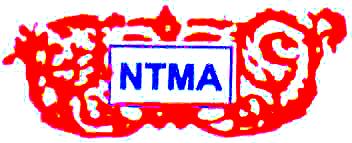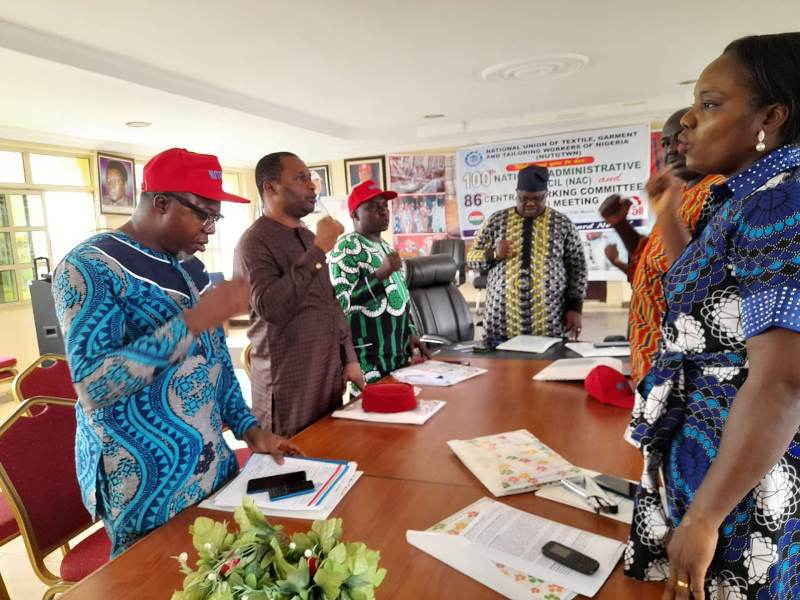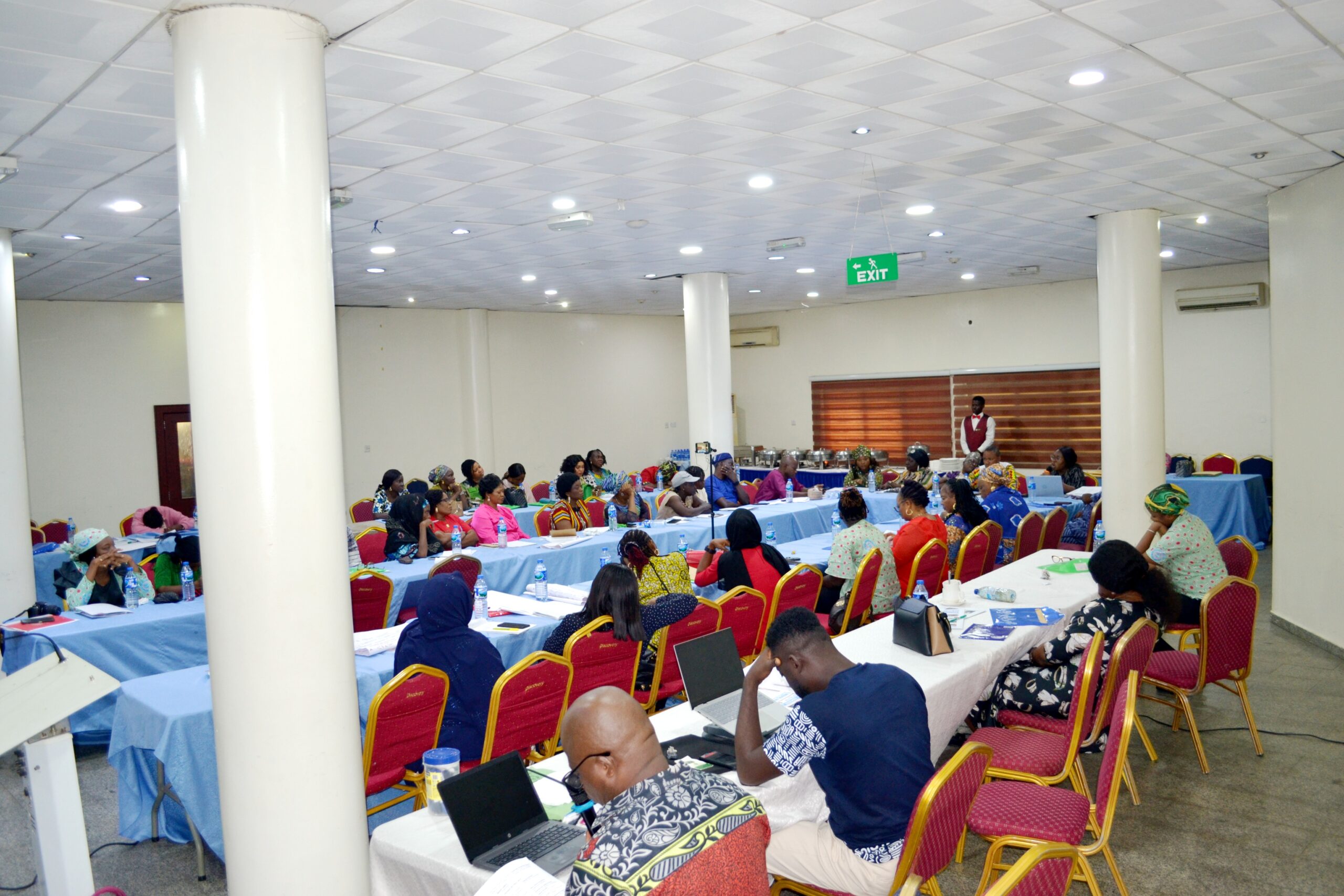SALUTATION
•We bring to you fraternal greetings from the generality of our members in the State.
NIGERIA IS A TEXTILE DESTINATION
•With 170 million population, Nigeria has the potential of producing 1.2 billion meters of cloth per annum at 6 meters per capital! When we factor the ECOWAS sub-regional market, Nigeria is a natural textile destination point in the world. The industry can employ 3 million direct jobs.
•26 out of the 36 states grow cotton of both long and short stable lengths.
•Sadly, Nigeria has become a dumping ground for mostly smuggled fabrics and even second-hand banned unhealthy cloths.
•In the 70s and up to early 80s, Nigeria was the largest producer of different range of textile, garment and carpet products surpassed in production only by Egypt and South Africa.
KADUNA AS A TEXTILE CITY
•The first textile mill in sub-Sahara Africa started in 1957. It is Kaduna Textile Limited (KTL) opened by the late Premier, Sir Ahmadu Bello. By 1990s Kaduna boasted of 10 mills which had been reduced to two (2).
•This courtesy call shows our union is willing to partner with the new administration to reinvent this sector which has propelled newly industrialized countries in recent times such as China, India, Bangladesh and Indonesia among others.
CHALLENGES
•Key problems facing the textile industry in particular and manufacturing industries in general are infrastructural inadequacy, electricity supply, smuggling, counterfeiting and faking, raw materials among others. All these problems call for strong government interventions.
MEASURES TO REVIVE THE INDUSTRY
IMPROVE POWER SUPPLY
•Between 30% and 35% of Textile and garment manufacturing costs are energy related expenses.
•Textiles plants in Southern Nigeria have access to natural gas. Textile plants in the North use either diesel or Low-pour fuel oil (LPFO) which is no more available because of closure of refineries.
•Expansion of gas supply network from Ajaokuta to Abuja, Kaduna, and Kano, will eventually deliver gas to Northern Nigeria. We also suggest that Textiles and Garments companies procure natural gas from the NNPC at the same cost applied to power generating companies in Nigeria for a period of 3 years.
STOP SMUGGLING AND PRODUCTS COUNTERFEITING
•The major threat to the realization of the great potential of Nigeria in textile production is high influx of counterfeit and smuggled goods. Over 90 per cent of Nigeria’s huge market size is dominated by smuggled and counterfeit goods, killing local companies in Kano, Kaduna, Lagos, Guzau, Aba and Port Harcourt, and millions of direct and indirect associated local jobs.
•Importantly smuggling denies the government the much needed revenue in unpaid custom duties.
•We are happy with the reported seizure of large quantity of smuggled textile materials by the Nigeria Customs Service recently in Kano. As commendable as this action by the Nigeria Custom Service, it is coming too late and too token.
PRESIDENTIAL TASK FORCE
•To protect and strengthen our domestic textile industries and save Nigerians’ job we hereby call on the President elect, General Muhammadu Buhari to bring back the old Presidential Task Force on destruction of seized textile materials which the governor elect, Mallam Nasir El Rufai was the Chairman under the Obasanjo’s administration.
LOCAL PATRONAGE
•Governments at all levels are good spender. Public procurement can stimulate demand for textile. All military and Para-military agencies and Government schools should purchase only Nigerian made textile and garments for their uniforms once the requisite standards are met. In Zaria we have Zaria Industries Limited (ZIL) which produces world class tarpaulin. In addition, the private sector (schools in particular) should be encouraged to source their materials locally.
SKILL DEVELOPMENT
•75% to 80% of people who work within the textile and garment industry are medium skilled workers. Skill trainings can therefore be done through the Industrial Training Fund (ITF) and international agencies such as United Nations Industrial Development Organization (UNIDO) specifically to train youth for employment in medium and large scale textile plants.
•We also suggest existing Textile and Garment Training Centers such as Nigeria Export Promotion Council (NEPC) garment processing center and Ministry of Industry’s garment training center in Ikorodu should be resuscitated. There is also the need to review and reposition existing professional curriculum in four major institutions with textile and fashion courses namely Yaba college of Technology, ABU Zaria, Kaduna Polytechnic, and Auchi Polytechnic.
PROTECT THE INDUSTRY
•All nations want to employ their youths, produce goods and services, overcome poverty and underdevelopment. To this extent every nation protects its own industry, whether the industry is in ‘infancy’ or ‘adult-hood’. Nigeria cannot be different under incoming administration which has commendably raised expectations to fight unemployment and grow the economy.
GUARANTEE SECURITY FOR INDUSTRY
•Adequate security should be provided to protect the properties of the companies particularly in the light of criminal vandalisation going on in some closed textile companies namely Arewa Textiles, KTL among others.
IMPLEMENTATION
•We call for the implementation of the above strategies with an implementation team that include critical stakeholders namely the National Union of Textile Garment and Tailoring Workers of Nigeria (NUTGTWN), Textile Manufacturers Association, the Ministries of Industry, Finance, Agriculture, the Standards Organisation of Nigeria (SON), the Industrial Training Fund (ITF), United Nations Industrial Development Organisation (UNIDO), Nigeria Export Promotion Council (NEPC), the Nigerian Customs Service (NCS) among others.








